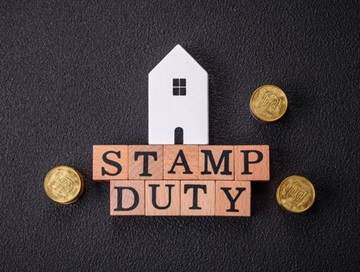The start of a new financial year means one thing to most people - tax time. If you're an investor who rents out your property, it's important you take the time to gather all your records, expenses and paper work in preparation for doing your tax return.
Keep a good record log
Being diligent with keeping records from when you first purchase your investment property will make this time of year less daunting. Your property manager can also assist by providing financial year statements detailing all transactions relating to your property throughout the 12 month period.
You'll need proof of all your expenses so you can claim everything you're entitled to. If, throughout the year you've carried out any maintenance or replaced a fixture or fitting at the property, such as painting or replacing light fittings, you'll need to provide evidence of this expenditure.
It's vital that records are kept for a minimum of five years and, in some cases, for at least five years after the property is sold.
Declaring income
In your tax return you must include the full amount of rent and other rental-related income you receive, regardless of whether it is being paid directly to you or through your property manager.
In addition to regular rent payments, rental income can include rental bond money you were entitled to retain, letting and booking fees you receive and any insurance claims that were paid.
What deductions can you claim?
Come tax time, you'll be looking to claim deductions for related expenses for the period the property has been rented out. The Australian Tax Office (ATO) are thorough when it comes to checking expense claims, so it's very important to be accurate and honest when making your claims.
Deductions can be made on things like management and maintenance costs, which can be claimed immediately, and borrowing expenses, depreciation and capital works spending, which are usually deducted over a number of years.
The important thing to remember is deductions can only be claimed if the property is being rented out or is genuinely available for rent. Being 'available to rent' references the period when the property is advertised for rent and receiving widespread exposure to potential tenants.
Capital Gains Tax
If you've sold your investment property or house in the past financial year, any capital gain made on your property will be subject to capital gains tax. In this case, you'll need to refer to records of the date and costs of buying the property so you can work out any capital gain, or loss, when you sell it.
For more information, read the ATO's Guide for rental owners.
.tmb-imgwidgetm.jpg?sfvrsn=4dbc56cc_1)


.tmb-rcarousel.png?sfvrsn=3619a769_1)





.tmb-rcarousel.jpg?sfvrsn=24ed8b20_1)
